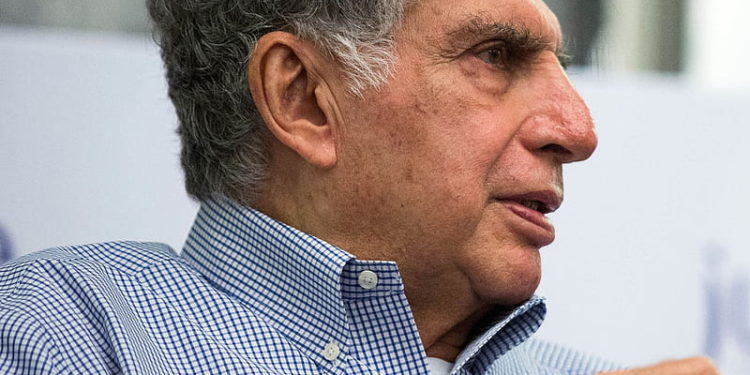The passing of Ratan Tata, at the age of 86, has plunged India into profound grief. A giant in both business and philanthropy, Tata’s influence extended far beyond boardrooms and balance sheets. His death signifies the end of an era, leaving an irreplaceable void in the corporate and social fabric of the nation. India is left not only bereaved but also reflective, aware that such a visionary leader may never grace its shores again.
Ratan Tata was more than just a business mogul; he was a national treasure whose impact spanned generations. Born into the illustrious Tata family, he stepped into the demanding shoes of his uncle, JRD Tata, to helm Tata Sons in 1991. What followed was a metamorphosis, one that catapulted the group from a domestic powerhouse to a globally recognized conglomerate. Under his stewardship, Tata Group went from being largely India-centric to acquiring some of the world’s most iconic brands, marking a milestone not just for the company but for the entire nation.
Tata’s most noteworthy achievements include the acquisition of Tetley Tea in 2000, Corus Steel in 2007, and Jaguar Land Rover in 2008 — feats that many thought impossible for an Indian company at the time. These bold moves weren’t just about financial gain; they symbolized a redefinition of India’s position in the global business arena. He gave India a voice, a presence, and a stature that demanded respect, shifting the global perception of what an Indian enterprise could achieve.
Yet, for all his business acumen, Ratan Tata’s true genius lay in his humility and genuine concern for the common man. He envisioned not just profitable enterprises, but enterprises with a purpose. The Tata Nano, despite its eventual market failure, was born out of a dream to make car ownership accessible to every Indian family. “A car for the people” — that was his goal. Although the Nano stumbled commercially, it stood as a testament to his passion for empowering the underprivileged, even at the cost of the bottom line.
Tata’s humanity shone through in his philanthropic endeavors. Unlike many of his contemporaries, he prioritized social impact over personal wealth. He believed in using his resources to build a stronger nation — investing in education, healthcare, and rural development. The Tata Trusts, which he chaired for decades, continue to drive change across India, uplifting millions of lives. This dedication to service earned him the Padma Vibhushan, India’s second-highest civilian honor, in 2008.
Upon his passing, tributes have poured in from all quarters — industrialists, politicians, celebrities, and ordinary citizens. Prime Minister Narendra Modi mourned the loss of “a business stalwart whose ideas transformed the nation.” Industrialist Mukesh Ambani called him “a man whose impact on Indian business will never be forgotten.” Yet, the truest tribute came from the millions of Indians who considered him one of their own — a symbol of integrity, resilience, and compassion in a world increasingly driven by profit.
Ratan Tata’s life was more than just a chronicle of corporate triumphs. It was a saga of relentless pursuit of excellence tempered with a deep-seated desire to give back. As India bids farewell to its beloved son, it is clear that Ratan Tata’s legacy will endure — not merely in steel and machinery, but in the hearts he touched and the lives he changed.
Today, as India grieves, it also celebrates a life that embodied the very best of what a leader should be — strong yet compassionate, visionary yet grounded. The country stands still, mourning a titan whose ideals will continue to light the path for generations to come.







Discussion about this post